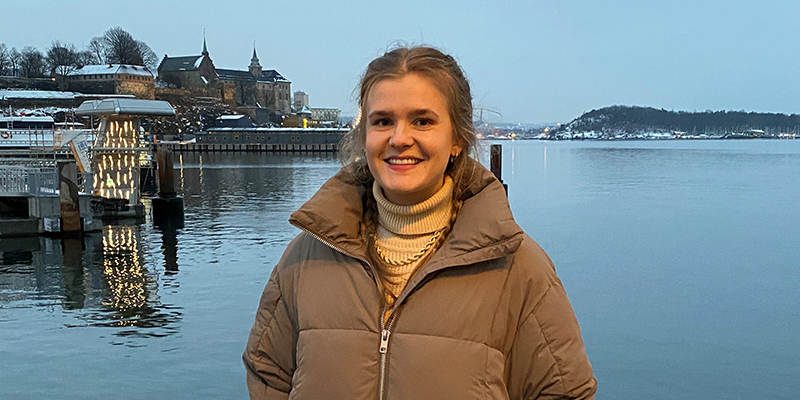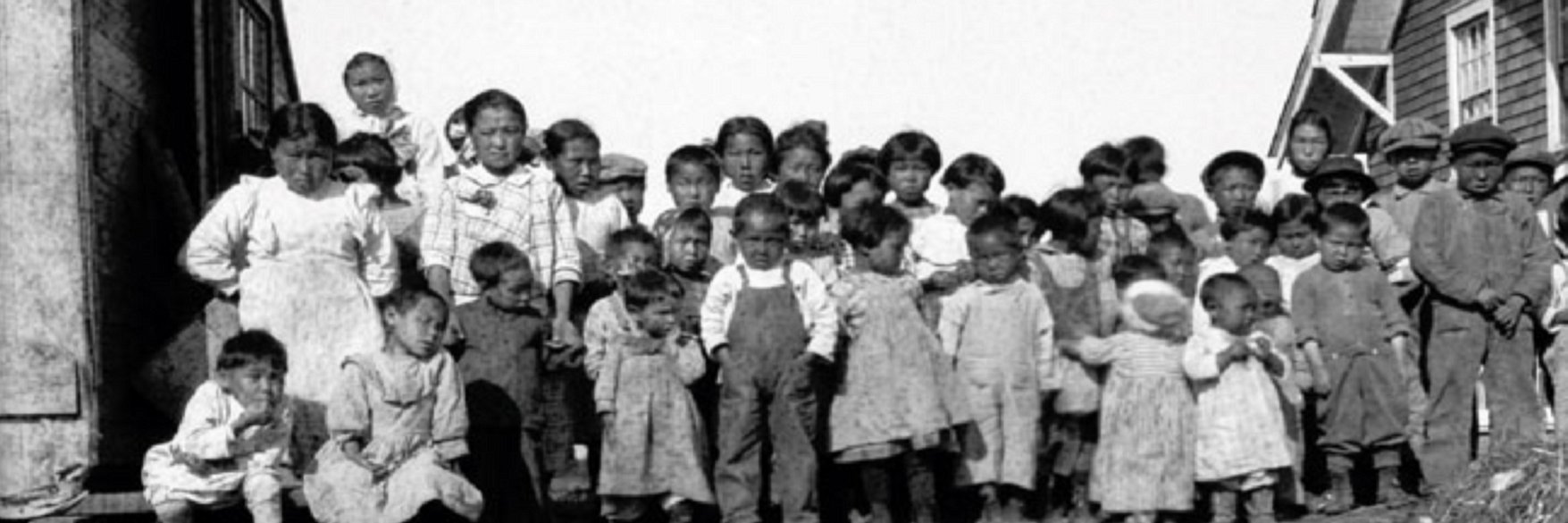Dødens skip – Kong Sverre. Hvorfor døde så mange av rekruttene ombord av spanskesyken i 1918?
Christina Stylegar Torjussen er masterstudent i historie ved Universitetet i Sør-Øst Norge (Ole Georg Mosen som hovedveileder) og har samtidig vært assosiert med PANSOC hvor hun også har hatt Mamelund som biveileder. Hun har jobbet med å finne ut mest mulig om soldatene og hvorfor det gikk så galt med mange av dem. Skipet var stasjonert i Horten og tok imot 500 rekrutter i oktober 1918. Snart var 158 av dem smittet. Av disse fikk halvparten lungebetennelse og 27% av dem døde. Andelen som døde var mye høyere enn i resten av samfunnet (som var 2% høsten 1918). I episoden forteller Torjussen også om hvordan det er å skrive masteroppgave ved siden av full lærerjobb, og litt om hvordan det er å være en del av PANSOC, et fremragende forskningsmiljø ved OsloMet.
Du kan lytte til podkasten her: Dødens skip – Kong Sverre. Hvorfor døde så mange av rekruttene ombord av spanskesyken i 1918? – Viten og snakkis (oslomet.no)


